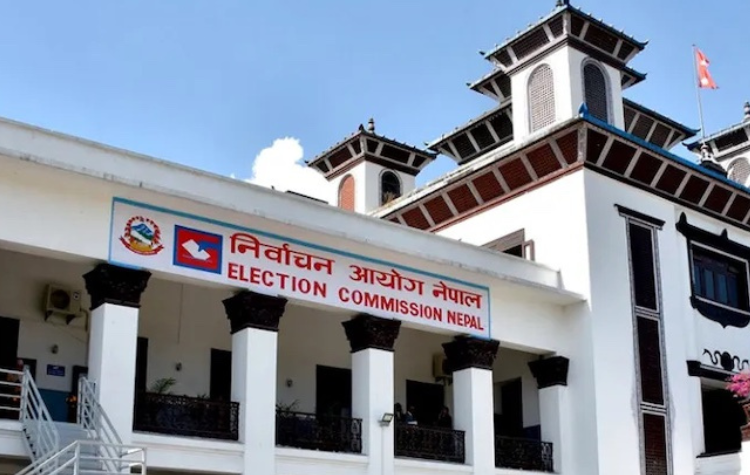As Nepal moves closer to the national elections scheduled for March 5, the government is accelerating preparations to ensure timely, transparent, and inclusive voting.
Home Minister Om Prakash Aryal informed the Parliamentary Committee on Federal Strengthening and National Concerns that security agencies are coordinating closely, including joint patrols, to maintain peace before the elections. A finalised election security plan awaits implementation following Central Security Committee approval. Risk assessments of polling centres are complete, and damaged sites are being reconstructed in coordination with local governments.
The government is also exploring ways to allow Nepalis living abroad to participate through out-of-country and out-of-constituency voting. The Policy Research Institute is currently studying the legal and technical feasibility of this initiative. Additionally, an amendment to the Voter Roll Act of 2016 has added over 200,000 new young voters to the list.
In a similar effort to modernise voter access, the government has rolled out digital voter identity cards using biometric data from national ID records. The initiative was inaugurated at the Trauma Center in Kathmandu, where Gen Z protest victims received their voter IDs while undergoing treatment. Using their existing biometric details, citizens can now register and receive their voter IDs directly via email.
The Election Commission introduced the system to reduce registration pressure and make the process faster and more accessible. The pilot phase, held earlier this week with participation from young voters, demonstrated how biometric data can be linked to the voter database. The move reflects the government’s broader goal of expanding voter inclusion and improving efficiency ahead of the upcoming elections.




